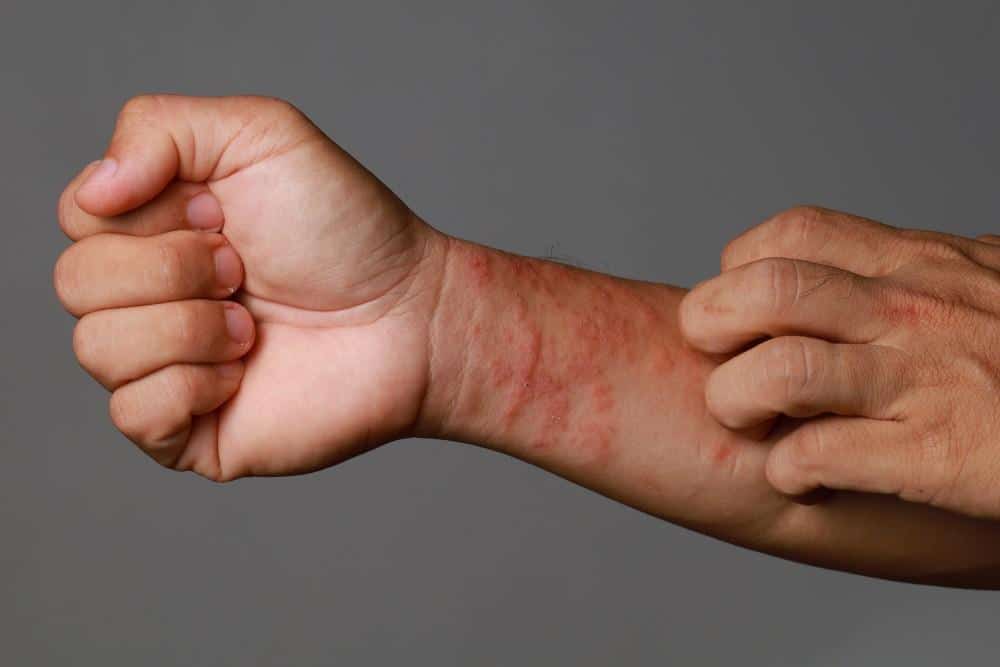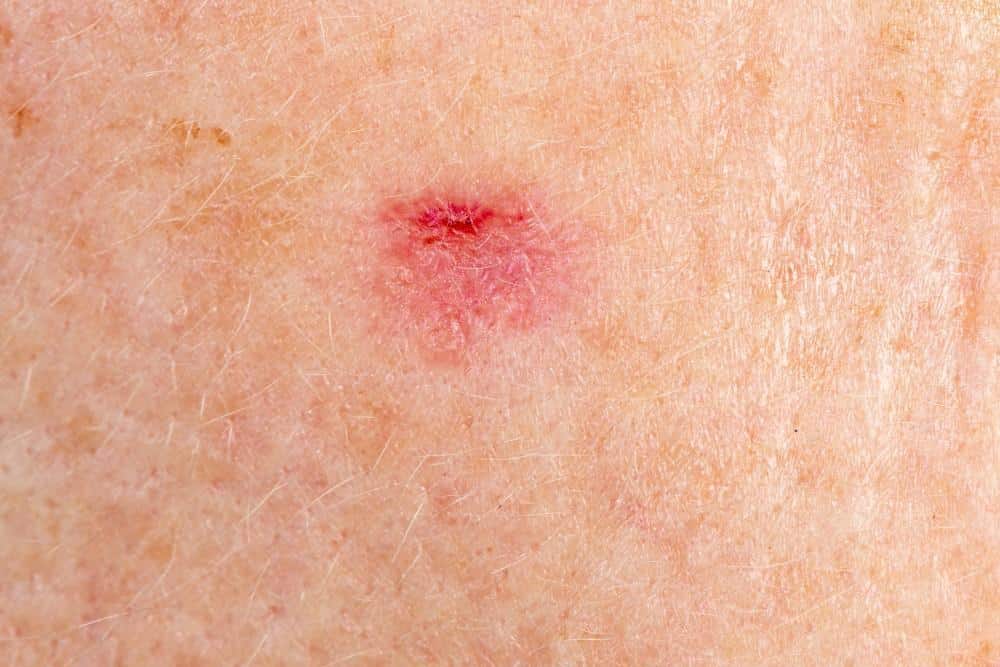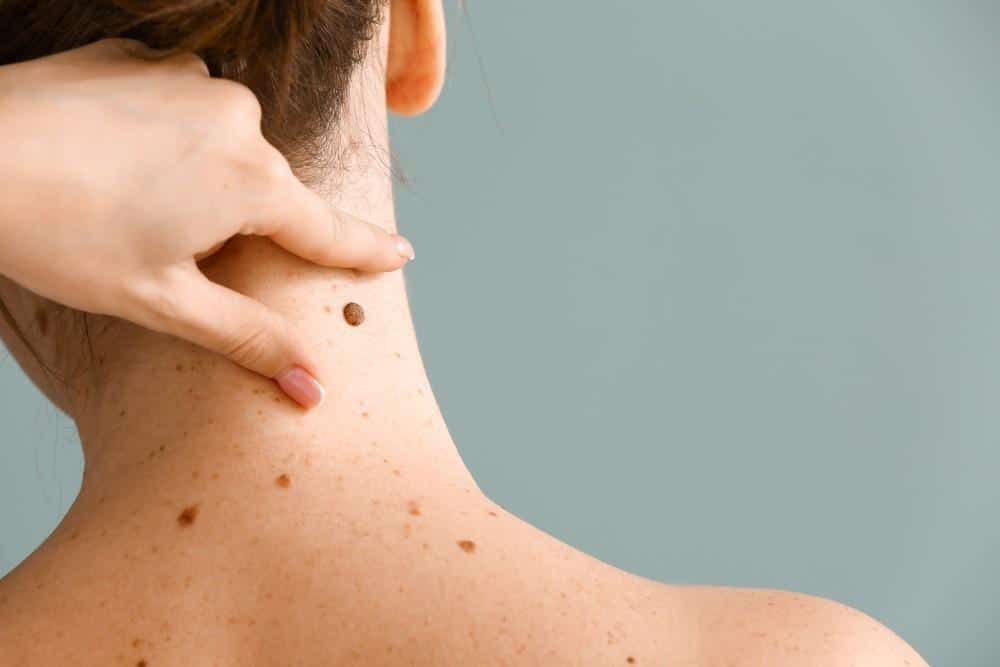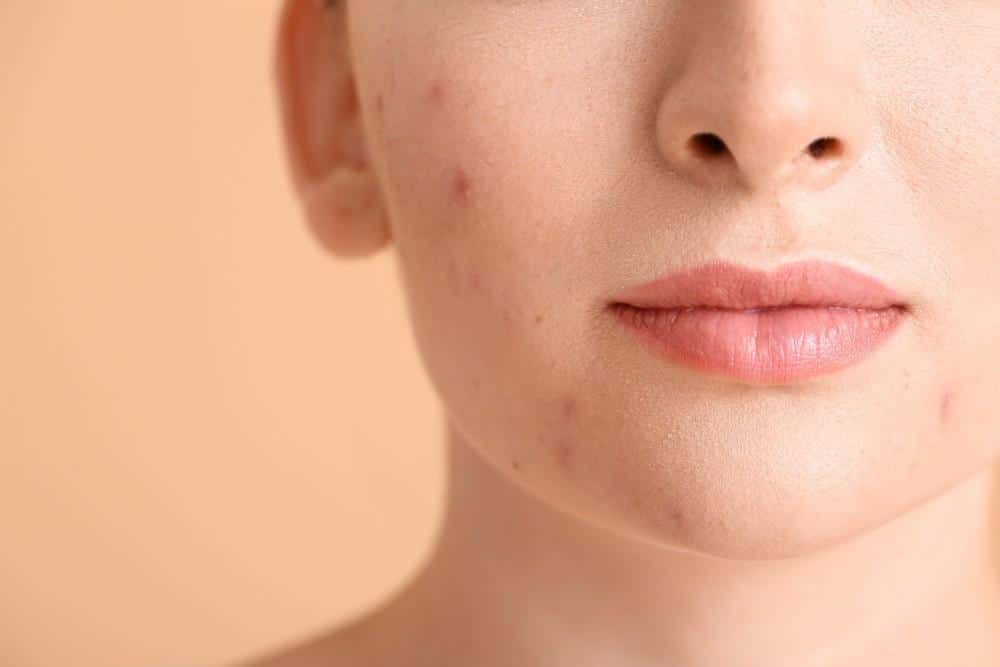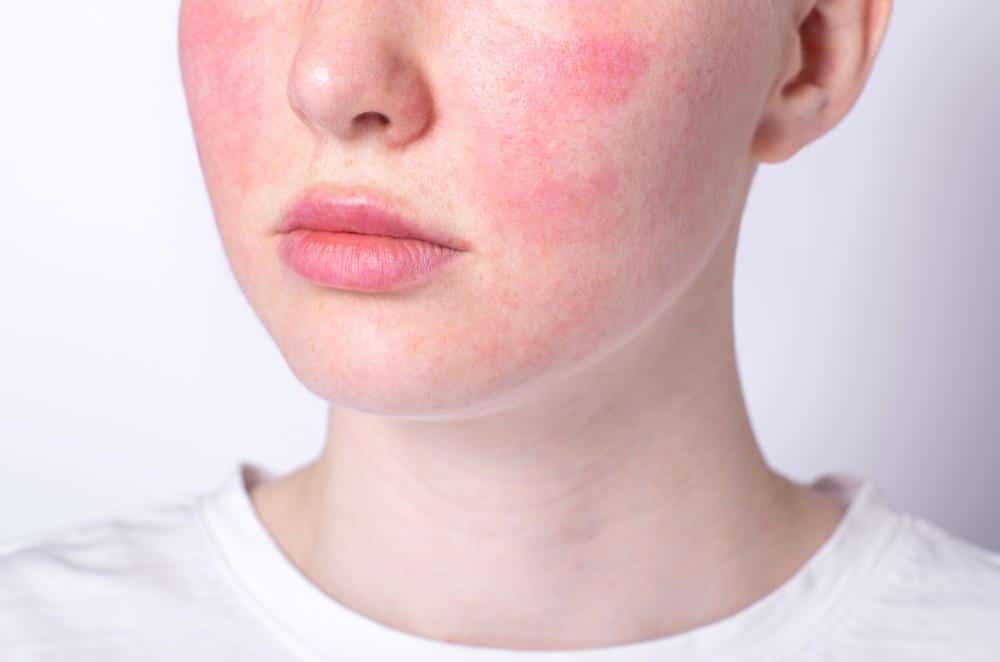
Spring has arrived and summer is on the way, and that means warmer weather and clothes that show off more of your skin. Body lotions can help your skin look and feel its best, but how do you know which of the many products on the market are best?
Our board-certified dermatologists at Manhattan Dermatology in New York City understand and want to help.
In addition to offering the best skin care services to patients at our Murray Hill and Midtown East offices in Manhattan, our team provides education and information to help keep your skin healthy and looking great.
Here are six expert tips on choosing the right body lotion for you.
Factor in skin type
One of the most important things you can do when choosing a lotion is to factor in your skin type. Here are the most common skin types and what type of lotion to look for:
Dry skin
Look for heavy-body lotions that contain ingredients that help keep skin hydrated (e.g., glycerin, hyaluronic acid, dimethicone, urea, lanolin, petrolatum).
Oily skin
Look for a light-body, oil-free lotion that doesn’t contain ingredients that may clog your pores (e.g., mineral oils, mineral waxes).
Sensitive skin
Look for a fragrance-free, hypoallergenic lotion with few ingredients. More ingredients mean more chances for a factor that may irritate your skin.
Mature skin
Try a lotion with anti-aging ingredients that can combat sun damage and reduce the appearance of age spots, wrinkles, and fine lines
If you’re not sure what your skin type is, our skin experts at Manhattan Dermatology can evaluate your skin and provide the information you need. For example, patients with skin conditions like eczema may benefit from using an ointment instead of lotion.
Seek antioxidants
For the best skin, seek products that contain ingredients that promote new skin cell growth. These include antioxidants like green tea, licorice root extract, chamomile, and pomegranate. Be sure the ingredients aren’t low on the list. The farther down the list they appear, the less effective they’re likely to be.
Look for sun protection
The sun is the No. 1 cause of premature aging. Even when you can’t feel the sun’s rays on your skin, the ultraviolet light breaks down your skin cells and increases your risk of developing skin cancer.
When choosing a lotion, look for products that also contain sun protection factor (SPF). It’s best to choose a lotion with SPF 15 or higher and that contains protective ingredients like zinc oxide or oxybenzone.
Rule out useless ingredients
Not all ingredients that sound like they may help your skin deliver. For example, research has shown that collagen-enriched lotions don’t do a better job than lotions without collagen when it comes to improving the texture and appearance of your skin.
Why? Although the collagen your body produces plays a key role in the health and appearance of your skin, the collagen ingredients in over-the-counter lotions can’t penetrate your skin.
Try before you buy
Test any lotion before purchasing. Look for lotions that aren’t greasy and absorb well into your skin. You want to enjoy the feel of the lotion on your skin and find the scent pleasant.
If possible, take home a sample to try for a few days or buy a small bottle before investing in a larger amount of any lotion.
When in doubt, ask your provider
At Manhattan Dermatology, we understand the best ways to keep your skin healthy. If you’re not sure which lotion is best for you, ask us for recommendations. In addition, our practice offers medical-grade skin care products so your skin looks and feels its best.
Do you need more help choosing the right products for your skin? Contact our skin experts at Manhattan Dermatology by calling the office nearest you or by booking an appointment online now.

